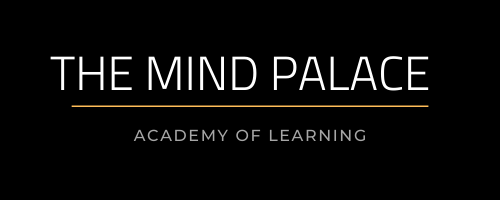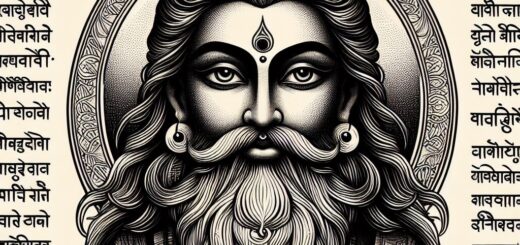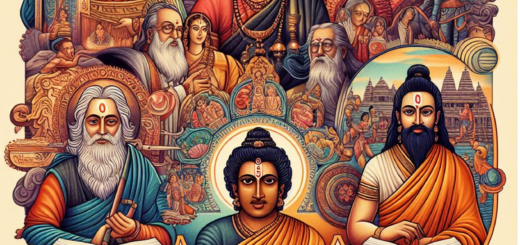FUNDAMENTAL RIGHTS AND DUTIES
Summary of fundamental rights and duties
Exercise of fundamental rights

Summary
Meaning of Fundamental Rights
Fundamental Rights are the basic rights given to an individual by the Constitution for his development.They are the Constitutional Rights. Fundamental Rights are important for social life. No one can violate these rights. The Fundamental Rights are protected by the Judiciary.
Types of Fundamental Rights
The constitution of India has prominently provided six fundamental rights to all its citizens.
1.Right to Equality
2. Right to Freedom
3.Right against exploitation
4.Right of religion
5.Cultural and Educational right
6.Right to Constitutional Remedies
1.Right to Equality
All are equal before the law; Nobody is above the law ; and all deserve equal protection are the aspects included in Right to Equality. The government cannot discriminate on the basis of religion, caste, sect, gender or place of birth. It cannot restrict entry to shop, hotel or recreational places to any of its citizen. All citizens have the equal opportunity to enter the government service.
2.Right to Freedom
The Right to Freedom given in the constitution provides the following to everyone.
The Right to Freedom given in the constitution provides the following to everyone :
1.Right to speech and freedom of expression
2.Right to participate in the peaceful public meeting
3.Right to establish institutions and associations
4.Right to travel throughout the country without any restriction
5.Right to live in any part of India
6.Right to take up any employment, business or occupation.
3.Right against Exploitation
- The objective of this right is to prevent exploitation of poor, women, children and the weaker sections of the society.
- In order to restrict exploitation in the name of religion, caste, gender and sect, the state and the central governments have enforced many laws.
- For example: taking dowry is a punishable offence.
- Employing Children in certain industries such as beedi making, mining and cracker manufacturing have been banned.
- The children are expected to get education till the age of 14 years.
4.Right to freedom of religion
- The citizens of India have the right to accept and follow religion of their own choice.
- Everyone has the right to observe their religious practices, without disturbing peace, discipline, hygiene in mind.
- The constitution also prohibits religious conversion by force, temptation or by falsehoods.
5.Cultural and Educational rights
- This fundamental right protects the cultural and educational interests of the minorities.
- People have right to protect their own language, script or culture.
- The minorities have the right to establish educational institutions and manage them.
- The educational institutions of the minorities should adhere to the rules stipulated by the government.
6.Right to Constitutional remedies
- A citizen has the right to approach the court of justice in the event of violation of the fundamental rights.
- Fundamental rights and duties mean, they are directly given to its citizens by the constitution
- Any individual, organization or institution such as Parliament, Assembly, judicial means, official group, Police department and any other public institutions are restricted from violating them.
- In the event of violation, the aggrieved person can directly approach the High Court or the Supreme Court and seek redressal.
Fundamental Duties
The fundamental rights and duties are the two sides of the same coin. The responsibility of an individual to his country is known as the ‘duty’. In case the people discharge their fundamental duties with self-motivation, the progress of the country becomes easier.
In the constitution, eleven fundamental duties are included. They are as follows.
1.To respect the constitution, National Flag and national anthem.
2.To follow the noble ideals that inspired our struggle for freedom.
3.To protect the unity of India
4.To defend the motherland.
5.To promote the spirit of common brotherhood amongst all the people of India.
6. To preserve our rich heritage
7.To protect and improve the natural environment
8.To develop the scientific temper and the spirit of enquiry
9.To safeguard public property and give up the violence
10.To strive towards excellence in all spheres of individual and collective activities.
11.The parents or the guardians should provide an opportunity for education to their children from the age of 6 to 14 years.
In case the citizen does not discharge any of his fundamental duties, the government cannot question it in the court of law. Even then, all the citizens are expected to do their duties with self motivation.
EXERCISE
Discuss in groups and answer
1.What are fundamental rights?
Ans:Fundamental Rights are the basic rights given to an individual by the Constitution Fundamental Rights are important for social life. No one can violate these rights. The Fundamental Rights are protected by the Judiciary.
2.What is the Right to Equality?
Ans:Right to Equality states All are equal before the law Nobody is above the law and all deserve equal protection. The government cannot discriminate on the basis of religion, caste, sect, gender or place of birth.
3.How does social and economic exploitation take place? Give examples.
Ans:Social exploitation took place in the exploitation of poor, women, children and the weaker section of the society. In the name of religion, caste, gender and sect, they were restricted to participate in public, religious places, to travel, to live, taking dowry, employing the children.Economic exploitation took place in employment , business occupation, status. Examples are appointment in the high position, restriction for some status.
4.Why should we follow fundamental duties with self – motivation ?
Ans : The responsibility of an individual to his country is known as the ‘duty’ in case the people discharge their fundamental duties with self- motivation, the progress of the country becomes easier.
5.Mention any three fundamental duties.Ans:The three fundamental duties are
Ans:To respect the constitution, National Flag and national anthem
To follow the noble ideals that inspired our struggle for freedom
To protect the unity of India.
6.Discuss the importance of fundamental rights
Ans:The importance of fundamental rights
- Right to equality
- Right to freedom
- Right to exploitation
- Right to freedom of religion
- Right to cultural and educational rights
2.The duties to be discharged by the students in the school campus
Ans : To respect the constitution, National Flag and national anthem
To follow the noble ideals that inspired our struggle for freedom
To protect the unity of India
To defend the motherland.
To promote the spirit of common brotherhood amongst all the people of India.
To preserve our rich heritage.
To protect and improve the natural environment.
To develop the scientific temper and the spirit of enquiry.
To safeguard public property and give up the violence.
To strive towards excellence in all spheres of individual and collective activities.




























